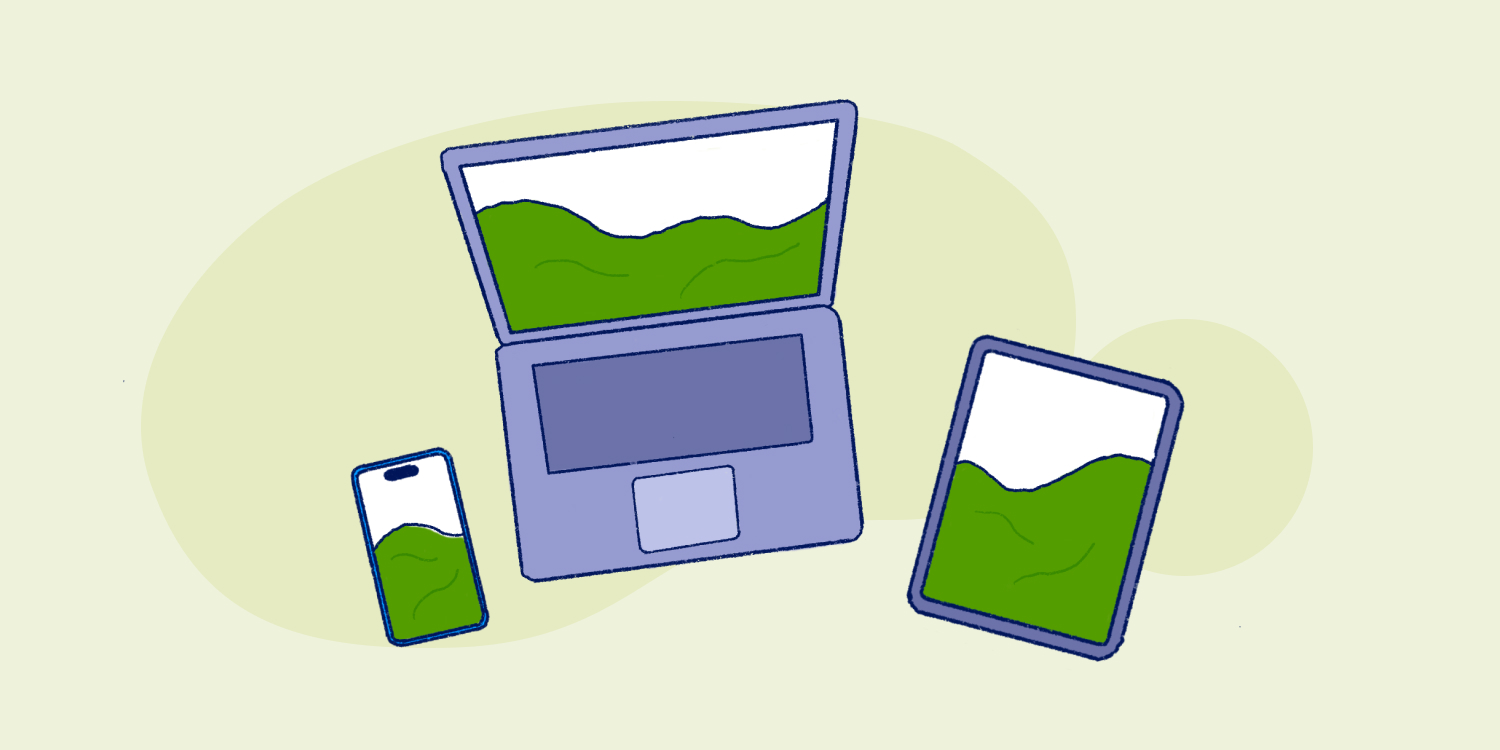Table of contents
Editor's note:
Imagine waking up one morning to find out that someone has been using your name, your social media profile and spending your hard-earned money without your knowledge. Sounds terrifying, right?
Millions of people fall victim to Identity theft each year, and it can happen to even you if you don’t take the right precautions. Unfamiliar charges on your bank statement or unauthorised posts on your social media account are some signs of identity fraud.
This experience is invasive and even traumatic, leaving you with an overwhelming sense of helplessness and, in some cases, financial loss. In this post you'll learn how to protect yourself from falling victim of identity theft.
What is identity theft?
In simple terms, identity theft occurs when someone steals your personal information, such as your national ID, social security number, credit card details, or even your name and address, and uses it to commit fraud.
Once thieves obtain your details, they can steal your money, take loans in your name, damage your credit score, or even commit crimes under your identity.
Common methods of identity theft include phishing emails, data breaches, and stealing physical documents.
In Africa, identity thieves frequently target national identification documents. So, keep all forms of personal identification to protect yourself from identity theft.
Examples of identity theft
Identity theft can manifest in various forms, each with potentially devastating consequences.
Here are some common signs that your identity has been stolen:
- Unauthorised cash withdrawals on your bank statements
- New bank/credit accounts opened in your name.
- Hacked email or social media accounts
- Criminal records under your name for crimes you know nothing of
- Loan applications and withdrawals using your identity, leaving you with the debt.
- Payment for online purchases with altered delivery addresses.
- Mortgages or refinances obtained using your personal information.
- Application for government benefits using your national ID or social security number.
- Unrequested medical services or prescriptions
How to prevent identity theft
Identity theft can have serious long-term consequences that take you a while to recover from.
Here are some essential steps to help you stay safe:
1. Use strong and unique passwords
Always avoid using the same password across multiple accounts. Opt for strong, complex passphrases that combine upper and lower-case letters, numbers, special characters, and words that could be sentences.
Passwords like "Password123" or "123456" are easy targets for hackers, so get creative and avoid using information like birthdays or names, which are easy to guess.
Also, consider using a password manager to generate and secure your passwords so you don’t have to remember them when you need to log in.
This tool can help you create unique, complex passwords for every account, significantly reducing the risk of compromise. In summary, it’s important to follow good password practices.
2. Enable multi-factor authentication (MFA)
Enabling multi-factor authentication adds an extra layer of security to your accounts. With MFA, you’ll need to provide several forms of verification, such as a code sent to your phone or an authentication app, in addition to your password.
This means that even if someone manages to steal your password, they still can’t access your account without that second-factor code or biometrics. Whenever possible, choose MFA options that use time-based one-time passwords (TOTP) or biometrics for added security.
3. Monitor your bank accounts regularly
Check your bank statements, credit card bills, and credit reports for unauthorised transactions or suspicious activity.
Don’t wait for your monthly statements—log into your accounts regularly to spot any unusual activity early. Set up alerts for your bank and credit cards to notify you of any large or unusual transactions.
By catching discrepancies quickly, you can take immediate action to minimise potential damage and resolve issues before they escalate.
4. Be wary of phishing attacks
Phishing scams are a common method cybercriminals use to trick you into revealing personal information.
Be cautious about unsolicited emails, phone calls, or texts asking for sensitive information, even if they appear to be from legitimate sources.
Scammers often disguise themselves as trusted companies or government agencies. Always verify the source by contacting the organisation directly using a phone number or website you know is legitimate rather than clicking on links or downloading attachments from suspicious messages.
5. Secure your devices
Install and regularly update antivirus and anti-malware software on your devices to protect them from cybercriminals. Ensure that your operating systems, apps, and browsers are updated with the latest security patches.
Be cautious when connecting to public Wi-Fi networks, as these networks are often less secure and can be a breeding ground for hackers. If you must use public Wi-Fi, avoid accessing sensitive accounts and consider using a Virtual Private Network (VPN) to encrypt your internet connection, keeping your data safe from criminals.
6. Always shred sensitive documents
Shred any documents containing personal information, such as bank statements, tax returns, or medical records, before disposing of them.
Dumpster diving is a common tactic used by identity thieves to retrieve sensitive information from trash bins. Using a cross-cut shredder is more secure than a strip-cut shredder, as it cuts the paper into smaller pieces, making it harder for thieves to reconstruct documents.
7. Limit sharing your personal information
Be mindful of what and who you share information with online.
Avoid oversharing personal details on social media, such as your full name, address, phone number, or travel plans, as identity thieves can exploit this information. Always be cautious when providing sensitive information over the phone or via email, and ensure you are dealing with a legitimate party. Use privacy settings on social media accounts to control who can see your information, and think twice before posting anything that could be used against you.
Identity theft can have lasting consequences if you fall victim to it.
Whether at home, work, or on the go, stay aware and take precautions to protect your personal information from falling into the wrong hands. Always to stay alert and be cyber secure.
---
At Kora, our goal is to connect Africa to the world and connect the world to Africa via payments. For startups and businesses working in Africa, we provide All The Support You Need ™️ to start, scale and thrive on the continent.
Sign up to see all the ways you can thrive with Kora.










.png)



%201.png)
%201.png)

%201.svg)











%201.png)
%201%20(1).png)